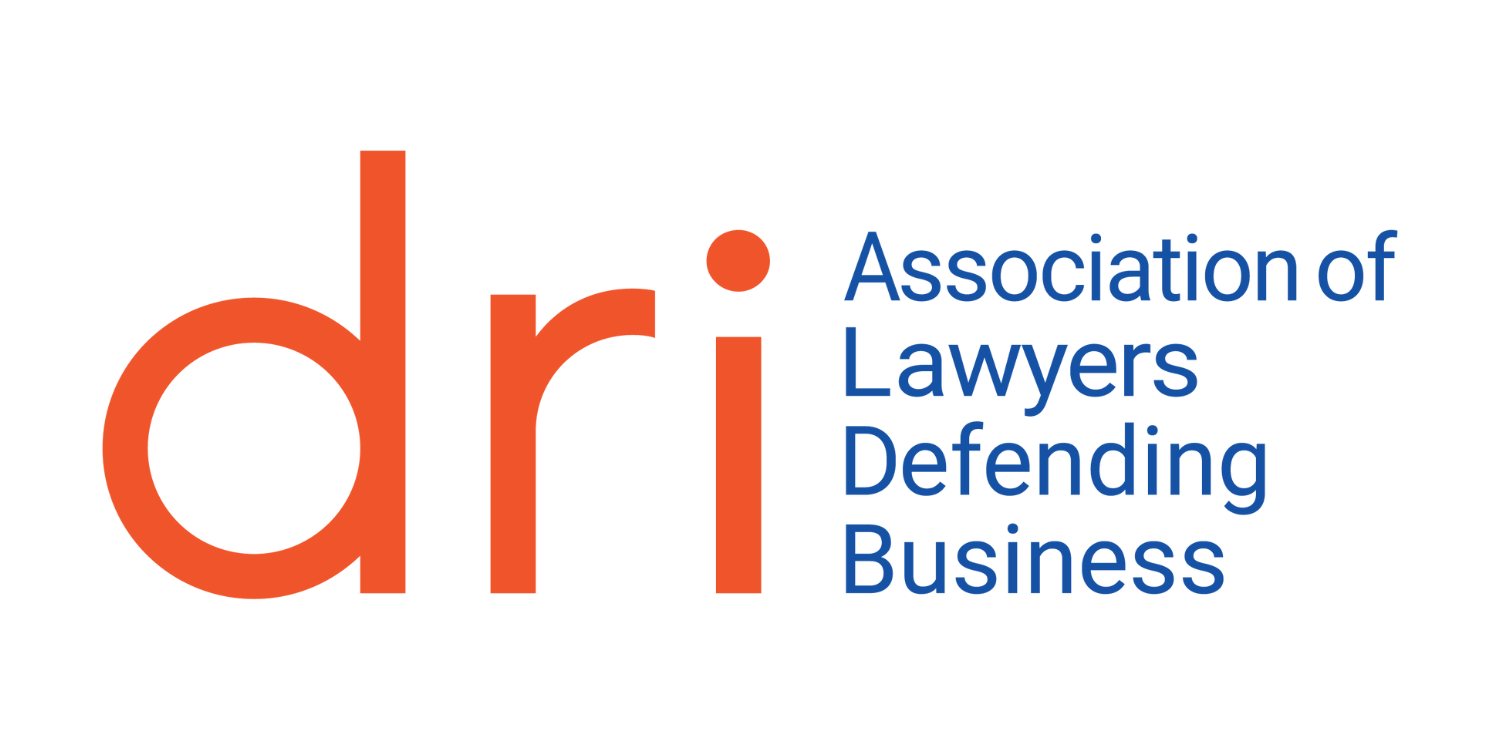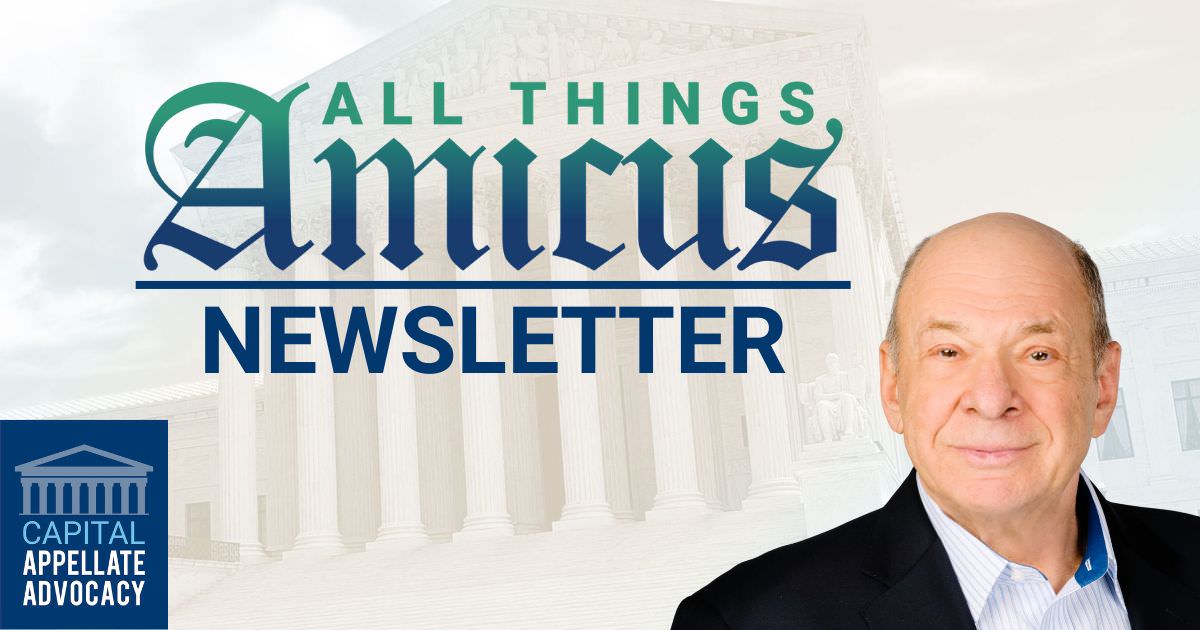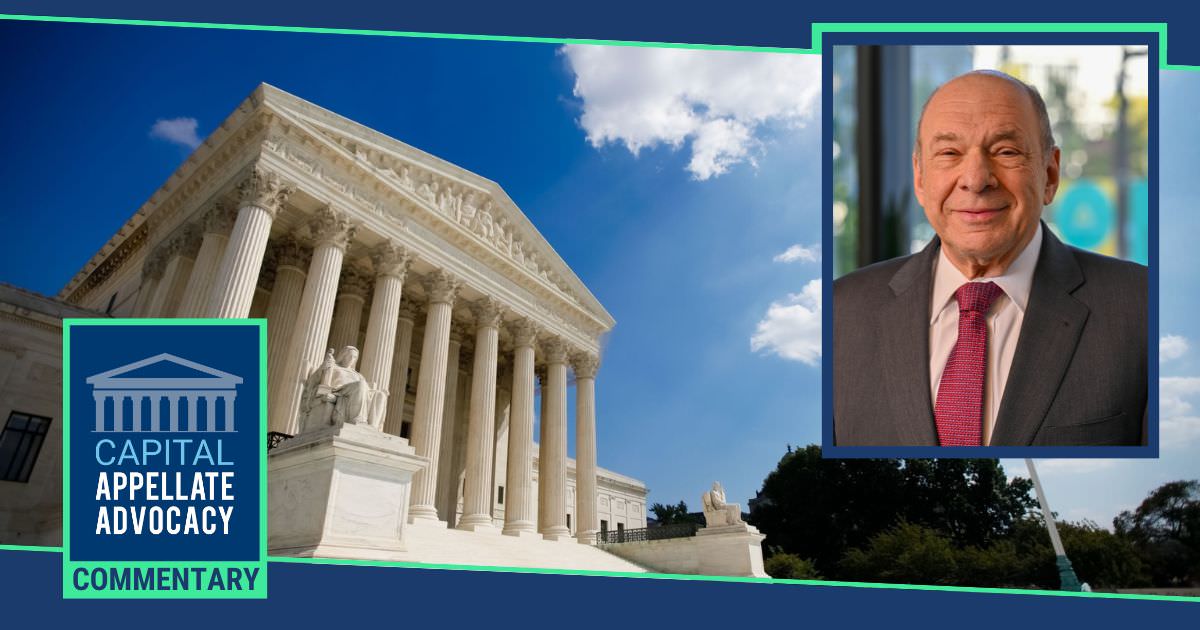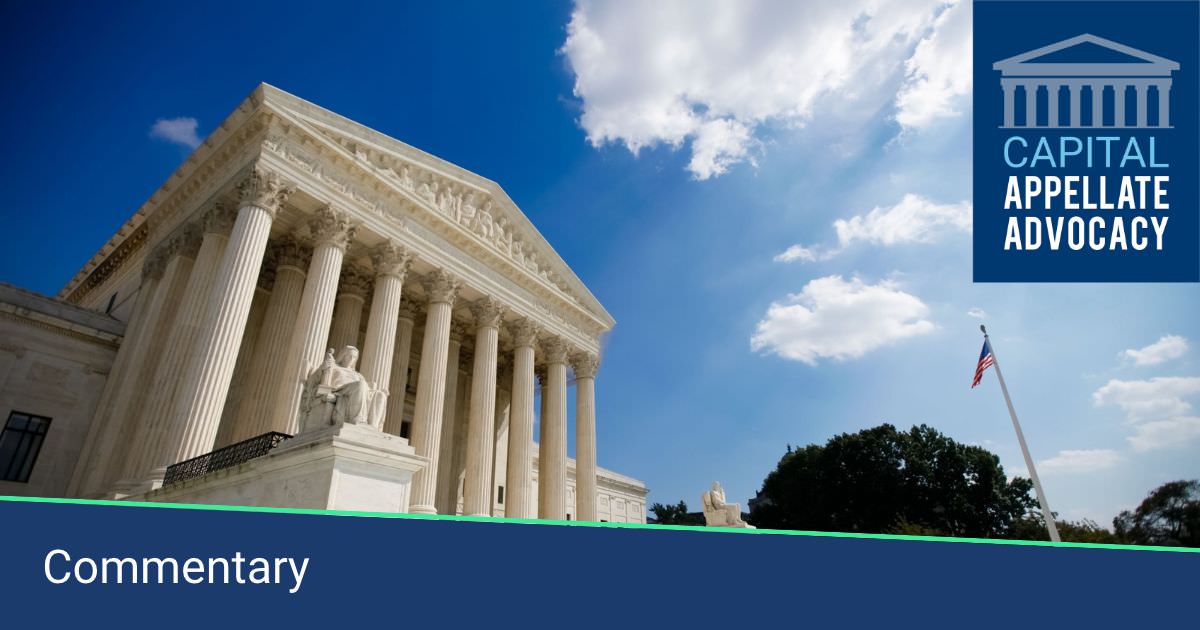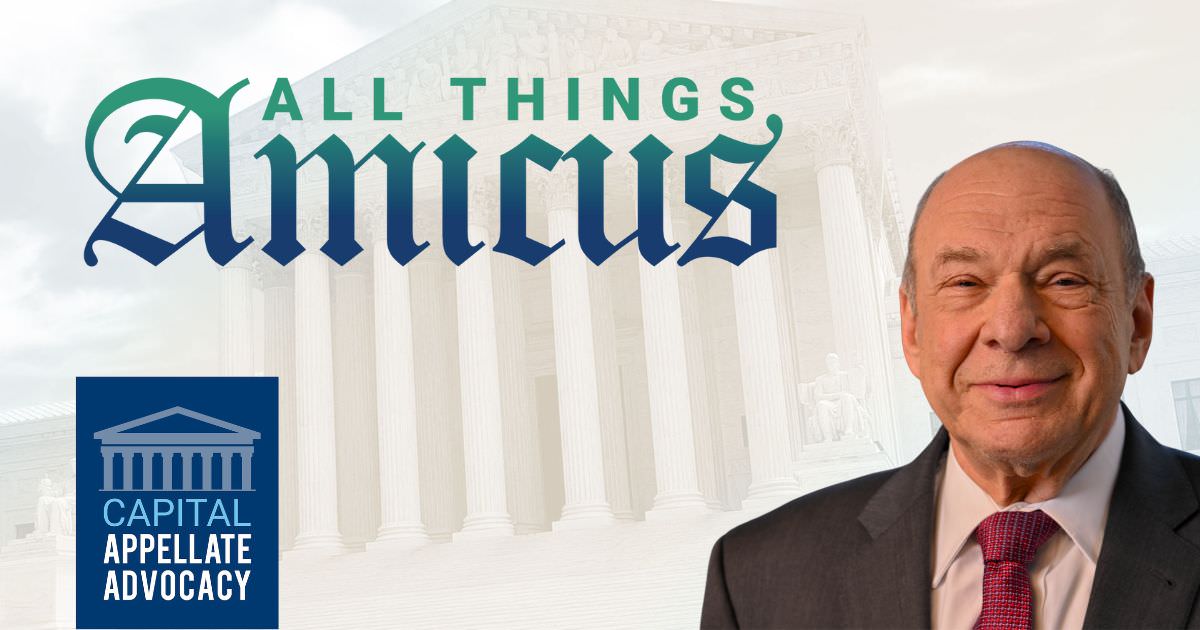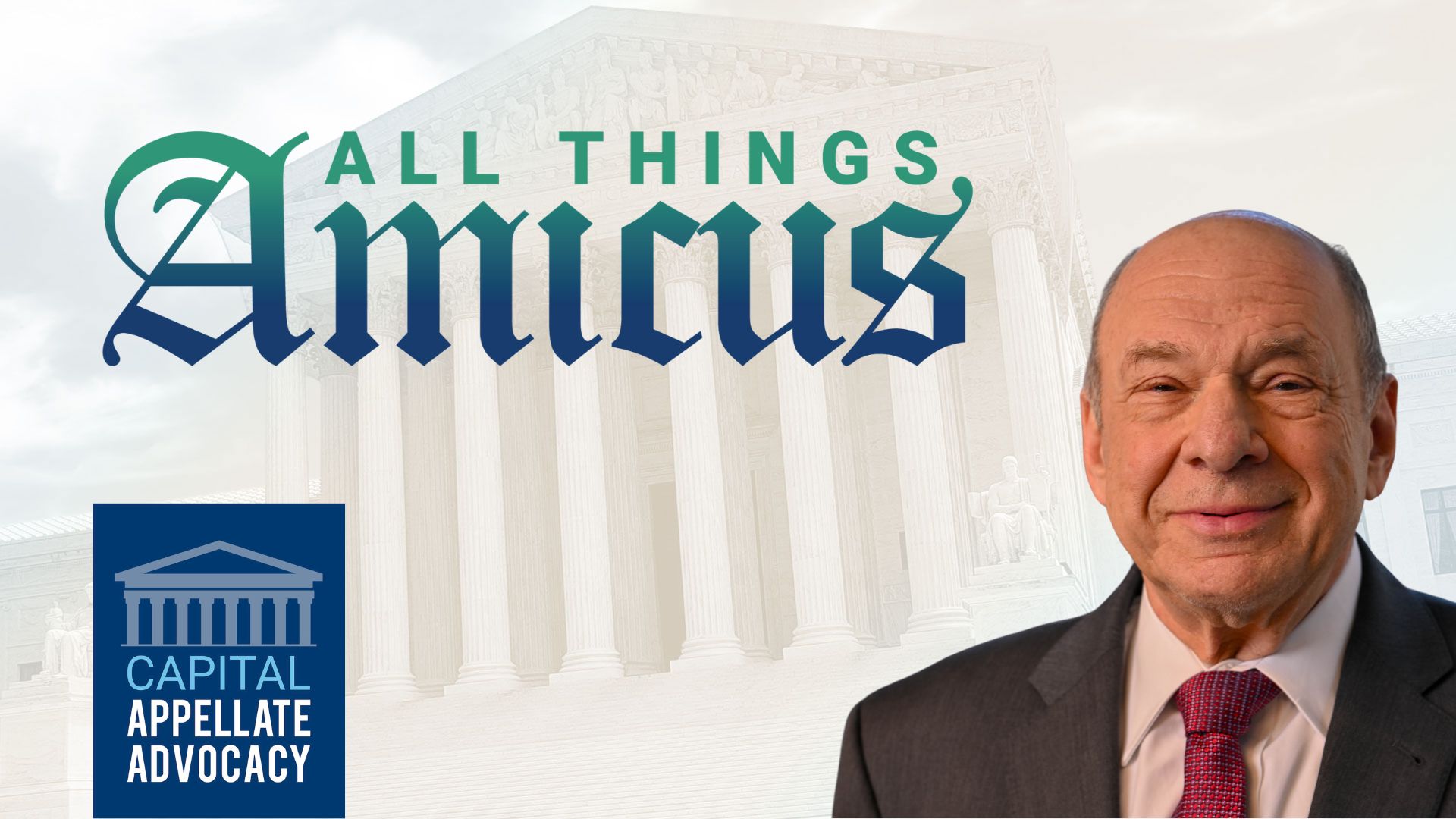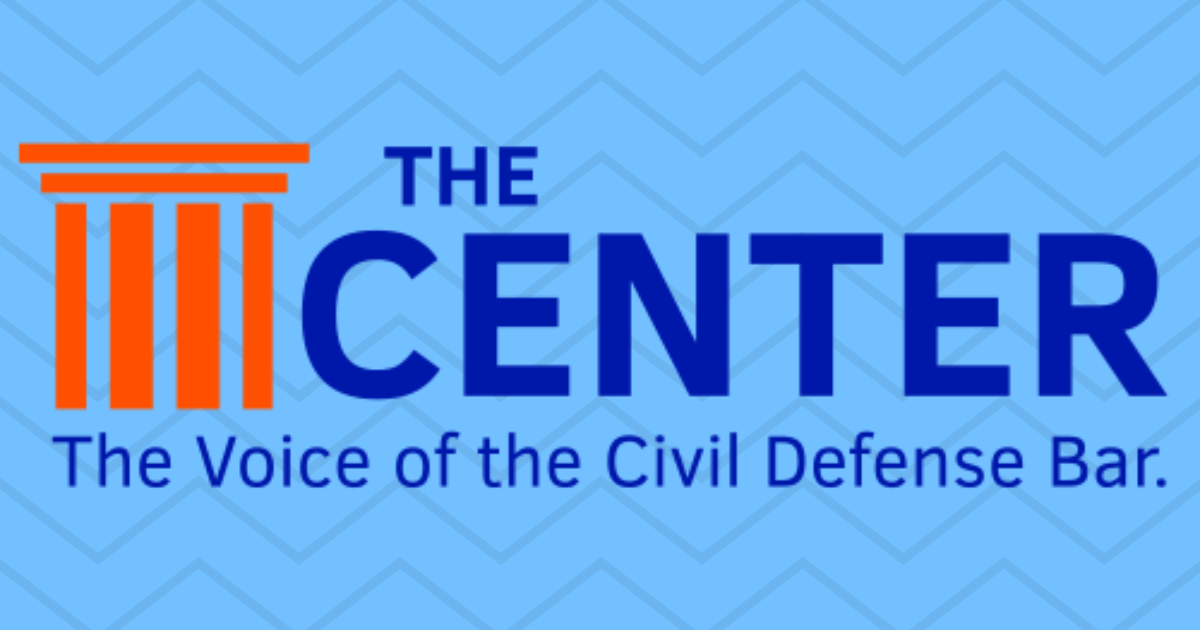I Lost the Election but Feel Like a Winner
I recently was an unsuccessful candidate for a DRI National Director spot. But I feel like a WINNER! Read my Member Spotlight article in the November 2025 edition of DRI’s The Voice newsletter to find out why.
I Lost the Election but Feel Like a Winner Read More »

